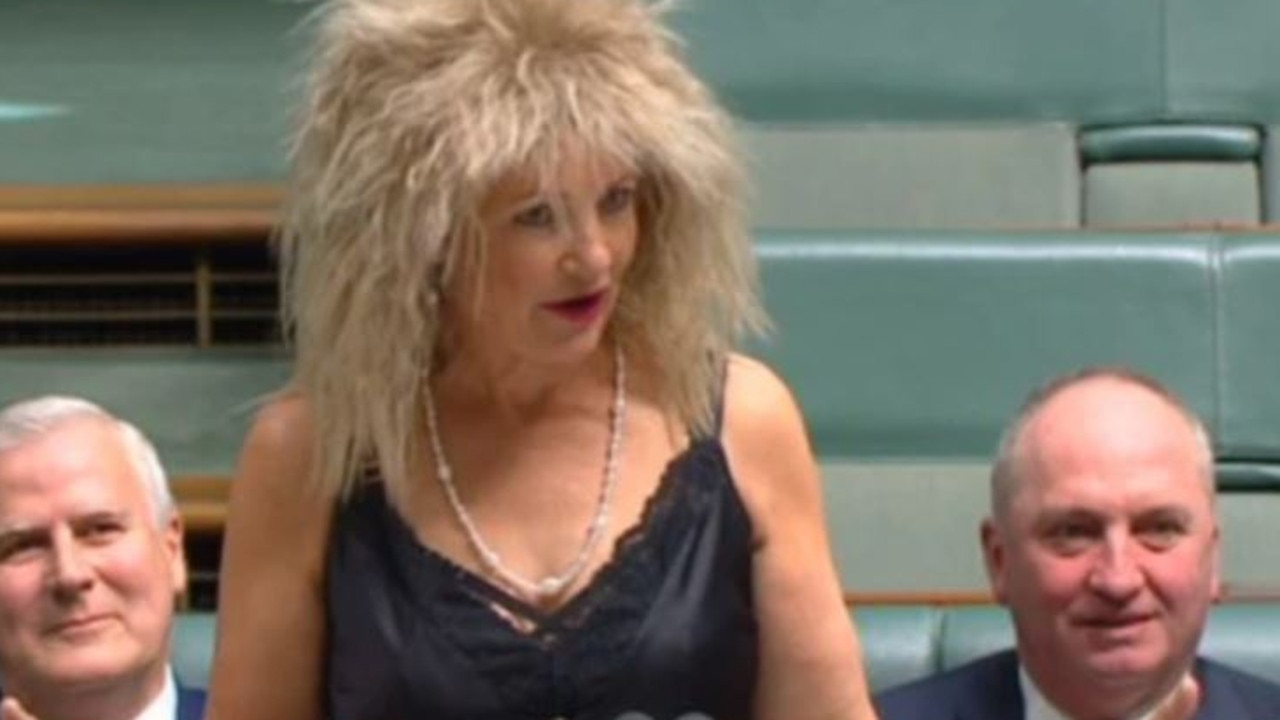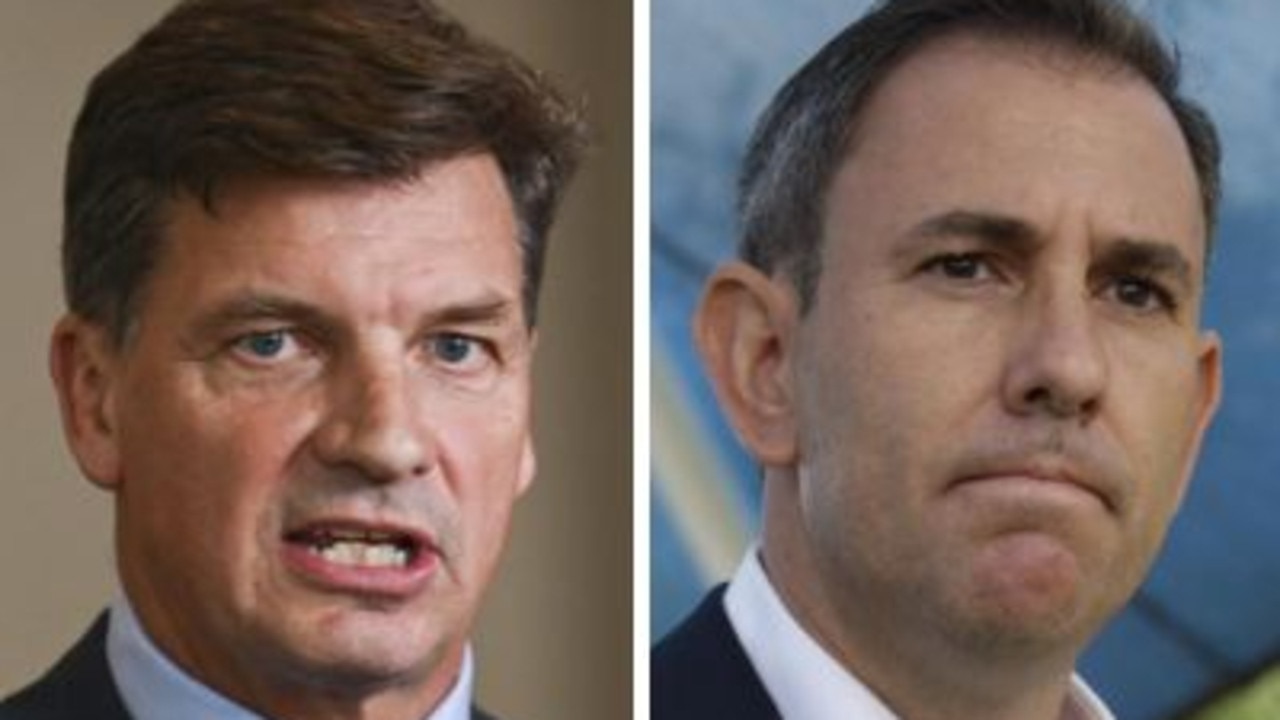Australians to pay millions more for digital music, movies, games and apps under Federal Budget plan
THE price of Netflix subscriptions, Amazon e-books and many apps looks set to rise in Australia in a plan to close a “digital tax loophole”.
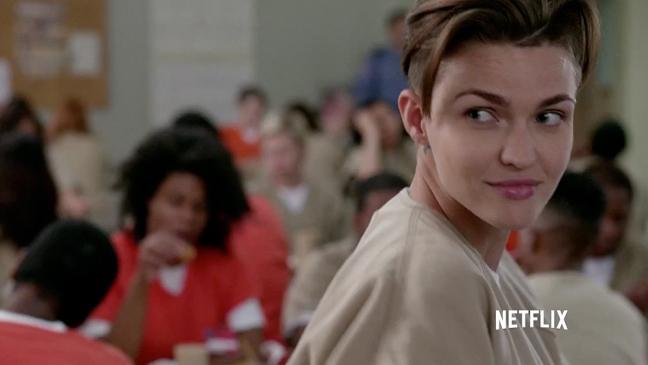
AUSTRALIANS will pay as much as $200 million a year more for digital movies, music, books, games, software and services under a Federal Government plan to close what it calls a “digital tax loophole”.
The move, dubbed the “Netflix tax,” would see the GST expanded to cover digital purchases from overseas companies, potentially raising the price of Amazon e-books, Steam online games, Tidal music subscriptions, and apps from Microsoft and BlackBerry by 10 per cent.
The scheme would not begin until July 2017, however, and would not affect international companies already collecting the GST from Australian consumers, including Apple and Spotify.
Federal Treasurer Joe Hockey said the move would “level the playing field” for Australia-based businesses delivering digital content.
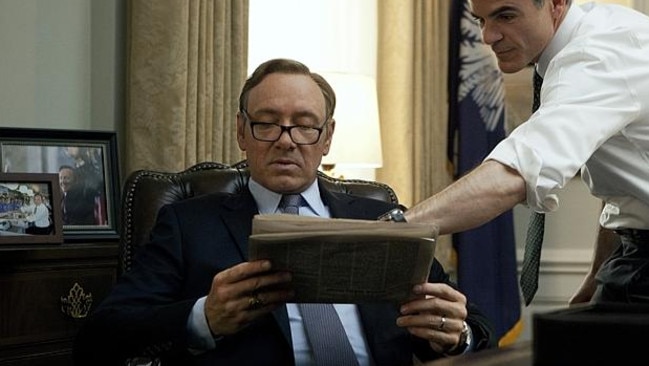
“It is unfair that overseas-based business selling services into Australia may not charge GST when local businesses have to charge GST,” Mr Hockey said.
“A local business that employs Australians, pays rent in Australia, pays tax in Australia, and helps build our economy is disadvantaged by the current system.”
The scheme would cost $1.5 million to establish within the Australian Taxation Office next year, but is forecast to raise $150 million from Australian consumers in its first year of operation and $200 million in its second year.
The plan was dubbed the “Netflix tax” after the multibillion-dollar TV and movie-streaming service launched in Australia in March with lower prices than its competitors as it did not have to collect Australia’s goods and services tax.
In a statement, Netflix said it had and “will be compliant with all applicable laws and regulations”.

The Federal Government’s tax plan received mixed reactions, with Netflix competitors and Australian retailers hailing the move as an equaliser, while others claimed it was a “tax attack” on consumers that would unfairly affect low-income earners.
Foxtel corporate affairs group director Bruce Meagher called the move “critical” to ensure a “level field,” while Access Digital Entertainment chief executive Craig White said the “long overdue” move would ensure the tax kept up with new consumer trends.
Mr White said companies including Netflix could “forgo income” and wear the tax themselves, but “generally, consumers have accepted that GST is a fact of life on all their purchases”.
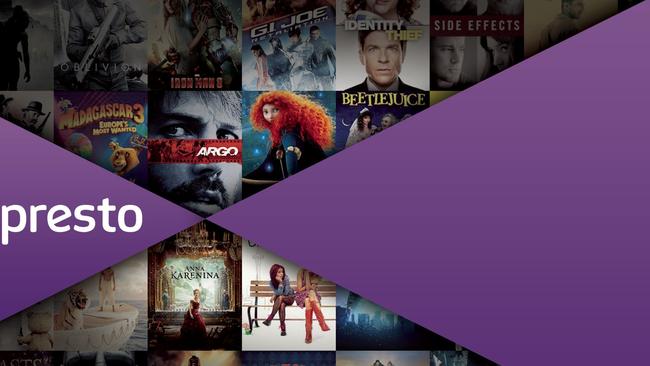
Australian National Retailers Association spokeswoman Anna McPhee called on the government to extend taxes on overseas purchases further to cover physical goods worth less than $1000.
“Retailers are encouraged by the Federal Government’s first steps but intangibles are just one aspect and goods also need to be acted on to address tax integrity fully,” Ms McPhee said.
But consumer advocates were less welcoming of the federal move, with Choice spokesman Tom Godfrey saying the “devil may be in the detail given the complexity for how a tax like this will be collected,” and Institute of Public Affairs senior fellow Dr Mikayla Novak calling it a “tax attack on ordinary Australian consumers”.
Ms Novak said the tax change would not affect international companies as much as it would impact low-income consumers doing the right thing by purchasing rather than pirating digital content.

“The effect of the tax changes will whittle away what economists call a consumer surplus,” she said.
“Ordinary Australians may want to use some of their disposable income to try to enjoy life in a high-cost economy and that can be through cheap downloads for gaming, listening to music, and so on.
“Wealthier people can accommodate Netflix taxes without too much bother but middle and lower income earners will be disproportionately hit.”
Despite adding tax to digital purchases, the Federal Government did not lower the GST-free threshold on goods purchased overseas in its 2015 Budget.
It had been tipped to halve the threshold to $500, despite a 2011 Productivity Commission report showing it could cost more to enforce a lower GST-free threshold than the tax it would raise.
10 digital services that could cost more:
— Netflix (streaming TV and movies)
— Amazon (US e-books)
— Kobo (e-books)
— Tidal (streaming music)
— Adobe (subscription software)
— Microsoft (Windows apps)
— BlackBerry (apps)
— Steam (online games)
— UberX (budget car service)
— Google (advertising)



